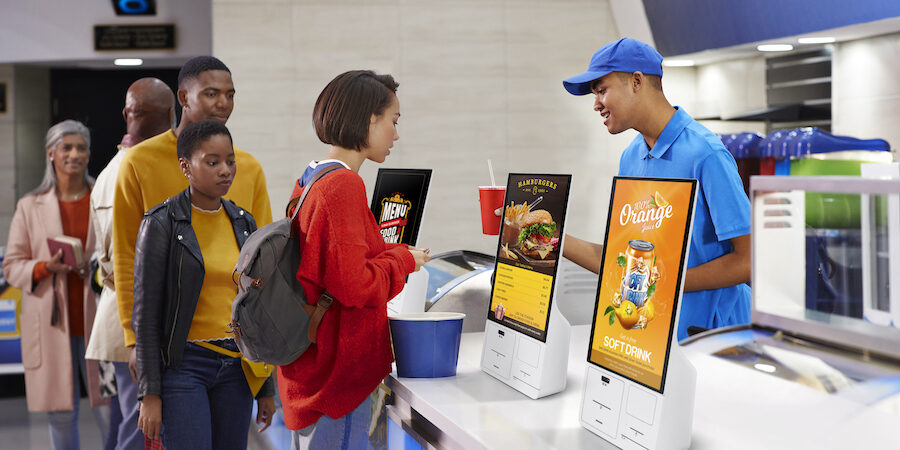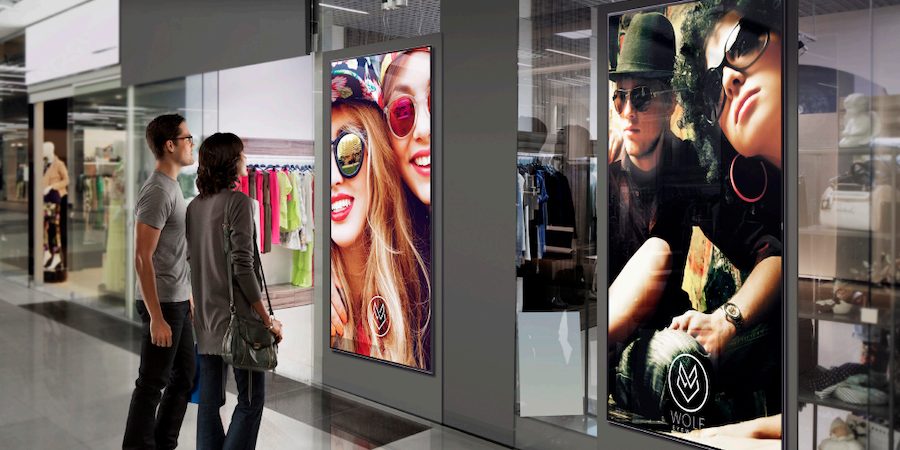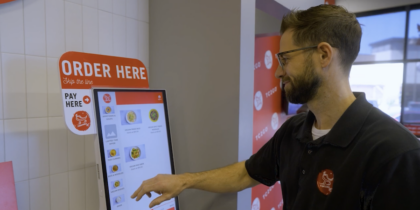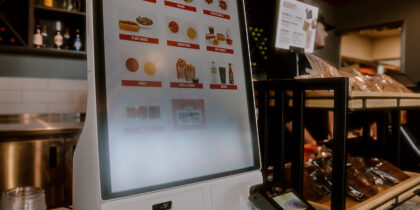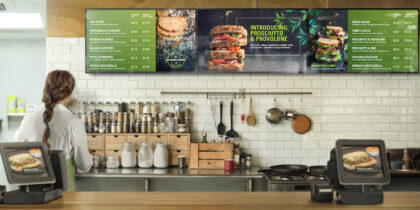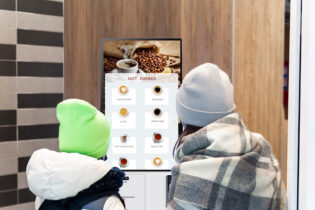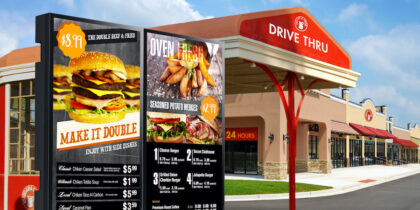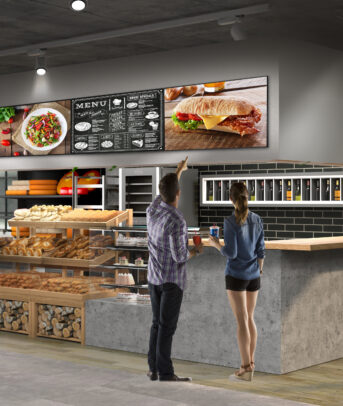In an era marked by convenience, personalization and evolving consumer expectations, small and midsize businesses (SMBs) must stay innovative. This includes on-site technology, too, especially as staffing challenges persist in retail, hospitality and many other sectors. In fact, the National Federation of Independent Business reported that 57% of small business owners hiring, or trying to hire, in January found few to no qualified applicants. Without more support, existing staff may become stretched thin or simply unable to handle certain tasks.
Self-service kiosks have emerged as a game-changer for SMBs striving to maintain operational efficiency and consistency. Self-service kiosks are more than just automated terminals — they are a strategic tool that can help SMBs thrive by optimizing time and resources. Not only do they reduce wait times during busy hours, but they also empower businesses to maximize the productivity of their existing workforce. Here’s how.
Kiosks free up time for more critical employee tasks
One of the key advantages of deploying self-service kiosks is that they liberate employees from mundane, repetitive tasks that consume a lot of time. This creates opportunities to channel customer service efforts towards more essential or value-added responsibilities.
In quick-serve and fast-casual restaurants, for example, digital kiosks allow guests to take their time perusing the menu and order exactly what they want without feeling rushed or pressured. Meanwhile, staff can be reallocated to preparing food, cleaning and other routine tasks on the shift checklist.
In hotels, employees can shift their focus from routine check-ins to next-level service. With self-service kiosks efficiently managing the transactional side of the business, staff can elevate the overall brand experience through personalized interactions, attentive service and swift issue resolution.
Similarly, in retail, the implementation of self-service kiosks allows employees to move beyond the confines of the checkout counter. They can dedicate more time to restocking shelves, conducting inventory assessments and engaging with customers. This human-centric approach not only enhances the overall customer experience but also positions employees as brand ambassadors, capable of delivering a level of service that goes beyond transactional exchanges.
Happier employees lead to better customer experiences
As small businesses grapple with labor shortages, a modern checkout device helps foster employee satisfaction and safeguard customer experiences. A small business kiosk is not merely a technological upgrade; it’s a strategic investment in the well-being of a business — and its people.
The future of retail is digital
Get your free guide to growing your retail business by adopting future-proof ecommerce technology. Download Now
Self-service kiosks empower customers to customize their orders at their own pace, fostering a sense of control and personalization. In the restaurant business, convenience often translates to more frequent visits, and therefore, more sales. The same is true in retail, with efficient checkouts through kiosks translating into higher overall customer satisfaction rates.
As self-service kiosks shoulder transactional responsibilities, the employee experience, too, is improved. Staff can engage in more fulfilling tasks, creating a positive work environment — and happier employees are statistically proven to improve customer experiences. Even prior to 2020, when we saw excess needs for better customer satisfaction, there was evidence of it being a result of a positive workforce. A Glassdoor study found that having a more satisfied workforce is associated with companies’ ability to deliver better customer satisfaction, especially in the retail, food service, travel and tourism, financial services and healthcare sectors. In these industries, a one-star improvement in a company’s overall Glassdoor rating predicted a 3.2-point higher customer satisfaction score.
Kiosks are easy to install
For SMBs challenged with labor shortages, Samsung Kiosk is an effective and easy-to-install solution that can be quickly integrated into almost any setup or operation. With built-in Tizen or Windows 10 IoT Enterprise OS, the kiosk is compatible with various third-party devices, content management systems and POS software. It also offers several customer payment options including credit card, barcode, QR code, and NFC, plus a built-in printer.
All of this is packed into a compact modular design that comes in three installation types — countertop, floor stand and wall-mounting. No external PC is needed, and its sleek gray-white color blends perfectly into any business setting for a stylish, modern look, further helped by a hidden power strip and cabling.
Training costs and time are reduced
Unlike the extended training periods required for new hires, self-service kiosks are ready for deployment upon installation, which contributes to the overall operational agility and profitability of the business.
Traditional training processes incur costs not only in terms of training materials and resources but also in time spent by experienced staff showing new hires the ropes. With self-service kiosks, the learning curve is flattened. This reduction in training time directly translates to cost savings, a crucial factor for SMBs operating on constrained budgets.
Kiosks also provide a consistent level of service and efficiency, regardless of staff turnover. This is particularly advantageous in industries where frequent turnover has the potential to result in variations in service quality. With a kiosk handling routine transactions, businesses can ensure a uniform and reliable customer experience across all locations.
A dependable SMB partner
In the face of labor shortages, SMBs can depend on self-service kiosks to fill the gaps. Not only do they free up employees to perform more critical, customer-centric tasks, but they also create tangible ways for businesses to reduce costs and work smarter, not harder. With kiosks — which never call in sick or miss an upsell opportunity — SMBs can allocate resources more efficiently while delivering elevated customer experiences.
Learn how self-service kiosks improve employee satisfaction and efficiency. Also download this free whitepaper to help streamline retail operations, drive customer engagement, improve workflows and boost ROI.
